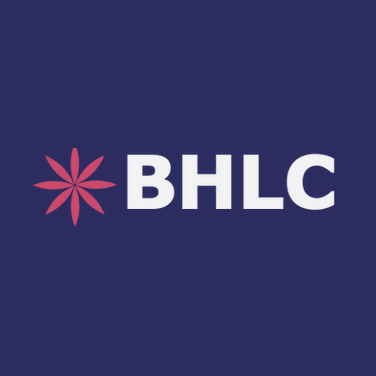Multi-State Collaborative
Share Best Practices
Join Our Peer-to-Peer Network to Share, Learn, and Implement Working Solutions
The Multi-State Collaborative was established in spring 2022 to enable those working to prevent, treat and solve youth behavioral and mental health issues to collectively share best practices across states. Participants, including presenters, are from Pennsylvania, Michigan, Nevada, Arizona, Minnesota, California, Maryland, New York, Vermont, and more.
The collaborative meets every quarter (invitation only) for one hour. Please email Marjorie McKee, mdlogix VP for marketing and communications, marjoriem@mdlogix.com , to receive an invitation to the next meeting.
Recordings of and presenter materials from the quarterly meetings will be available on this page.
Next Collaborative Meeting
3rd Quarter Multi State Collaborative Meeting
Collaborative meetings are by invitation only to K-12 school representatives. Email marjoriem@mdlogix.com to RSVP & for Zoom Meeting details.
Please email questions, comments, topic ideas, or requests to marjoriem@mdlogix.com
Past Meetings

Monday, June 16, 2025
Empower Hour

Monday, March 24, 2025
Helping Students in Crisis
Presenters:

Monday, December 16, 2024
A Guide to Implementing Best Practices across a MTSS
Presenters:

Thursday September 26, 2024
Student Suicide Prevention Using Technology
Presenters:

Tuesday, May 21, 2024
School-Based Anxiety & Mental Health Coaching Data
Presenters:

Thursday, February 8, 2024
The Roadmap to Funding and Creating an Effective K-12 Student Mental Health System with Case Examples from Arizona and Nevada
Presenters:

2024 Federal & State Funding – from GLS to Project AWARE
Presenters:

September 27, 2023
Youth Suicide Ideation Treatment: Provider Training & Workforce Augmentation
Presenters:

May 19, 2023
Data Collection and Its Use
Presenters:

February 23, 2023
Medicaid Expansion Funds & Student Mental Health Services
Presenters:

November 30, 2022
How to Successfully Universal Screen K-12 Students
Presenters:

September 8, 2022
Mobile Crisis
Presenters:

Schedule A Demo!
Are You Ready to See Us in Action?
Events

National Alliance for Medicaid in Education (NAME)
Philadelphia, PA
Oct. 7-10, 2025

Minnesota School Behavioral Health Conference
Brainerd, MN
Nov. 5 - 7, 2025

National Center for School Mental Health/University of Maryland
Orlando, FL
December 2 - 4, 2025
Behavioral Health Learning Collaborative (BHLC) of PA
Our mission: For over a decade, stakeholders across Pennsylvania have been helping organizations establish and implement policies and procedures that support statewide youth suicide prevention efforts.
This interdisciplinary team has grown to include hundreds of organizations, including healthcare providers, schools, mental health agencies, drug & alcohol agencies, Student Assistance Program liaisons, colleges, universities, and crisis responders.
We continue to strengthen and grow this network of people working towards the same goal – to prevent suicide and support the behavioral health needs of people across Pennsylvania.
BHLC Grant Writing Group – past meetings, resources, grant announcements, and more:


